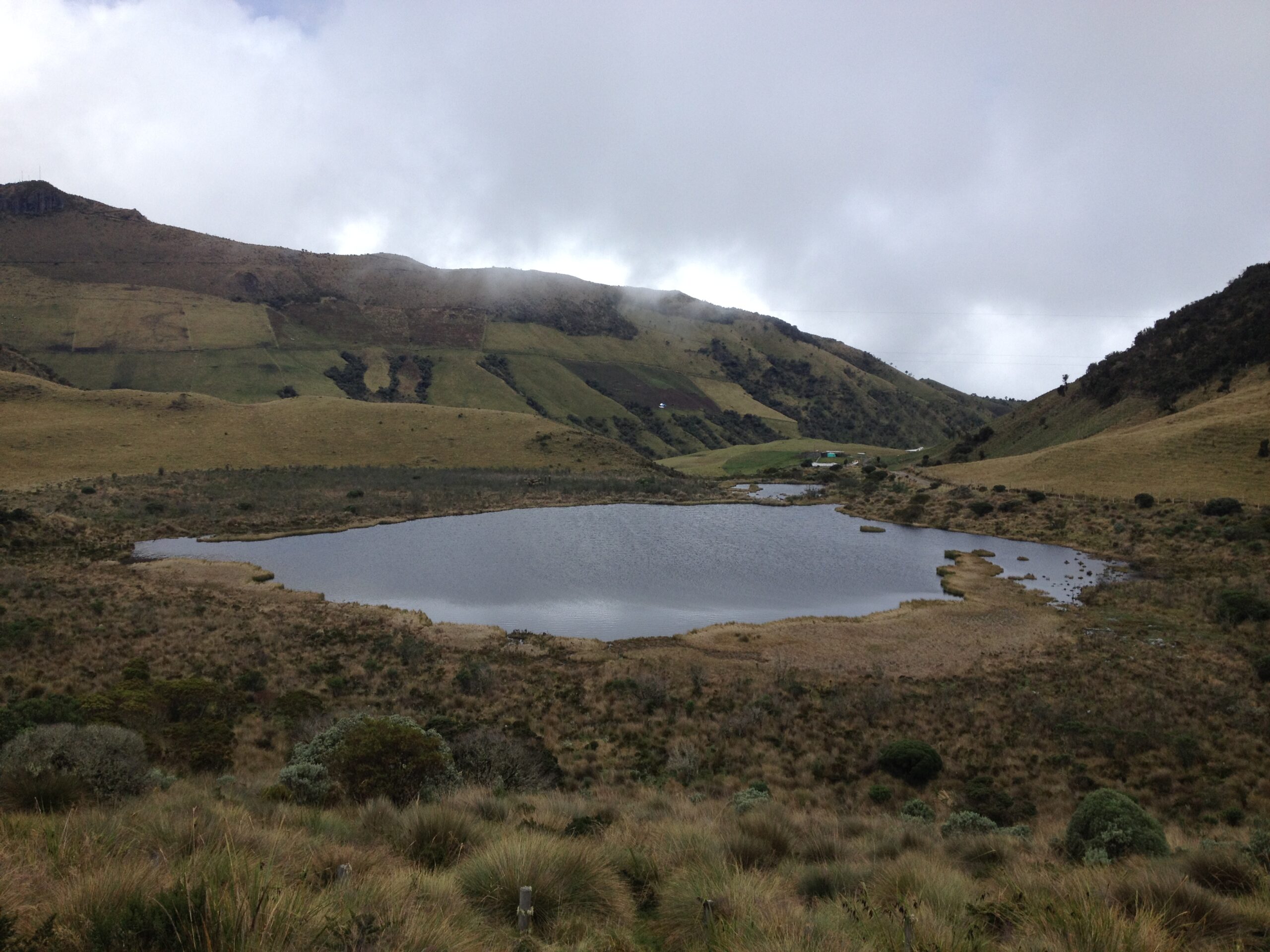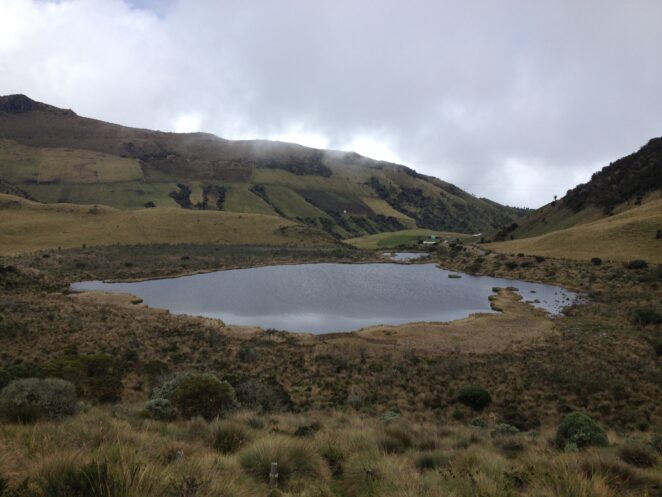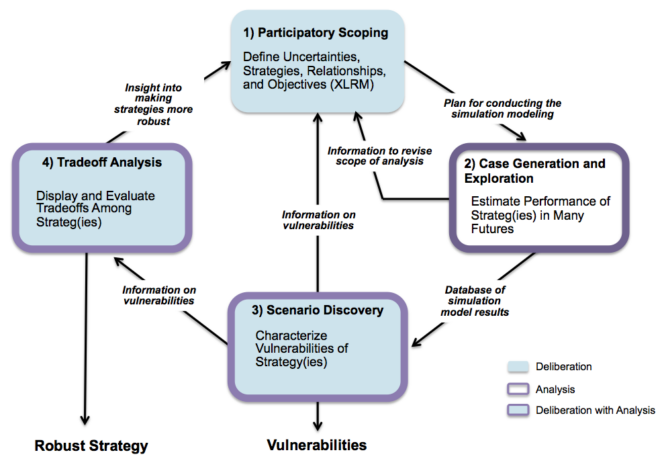Partnering for Adaptation and Resilience – Agua – Chinchina, Colombia


Colombia Paramo. Photo curtesy of Marisa Escobar.
Robust Decision Support in the Chinchiná Basin
The project Partnering for Adaptation and Resilience (PARA-Agua) or “For Water” is assisting water resources planning in the Chinchiná basin in Colombia. In the Latin America and Caribbean (LAC) region, climate change is negatively impacting water resources, agriculture and ecosystems. Increasing temperatures are altering hydrological cycles, affecting crop productivity and biodiversity, changing ocean currents, and causing more frequent and extreme weather events, causing more intense flooding and drought. Andean glaciers and páramos, vital sources of water for communities, agriculture and hydro-power for tens of millions of people, are under severe threat. However, there is no scientific consensus on the extent that climate change will impact of downstream water availability. The LAC Bureau has developed the innovative regional PARA-Agua project to work directly with scientists, decision-makers, and communities to reduce watershed vulnerability, strengthen resilience and build adaptive capacity in the face of an uncertain future.
As part of the collaborative Robust Decision Support (RDS) process (see figure below), PARA-Agua mapped and assembled water management stakeholders in the Chinchiná Basin of Colombia to consider the challenges and opportunities for regional water security for future development. PARA-Agua is constructing a basin WEAP model, and through an iterative process with the stakeholders, has identified and characterized policy strategies for examination. Ultimately WEAP’s analysis will enable stakeholders to quantitatively assess which strategies are most promising in the face of their most concerning uncertainties. Armed with this information, PARA-Agua will then seek to help stakeholders identify and apply for financing to pursue implementation these strategies
After viewing the basin responses to various strategies through WEAP modeling and results visualization in Tableau, basin stakeholders selected the following prioritization for strategy implementation: 1) Environmental zoning to protect watershed areas, 2) Assign environmental flow requirements to the river, 3) Invest in a wastewater treatment plant and 4) encourage efficient water use among consumers. The strategies will be further evaluated before any are finalized.
This project is currently underway and results will be shared on an ongoing basis. Please email contact persons below for more information.
Robust Decision Support Framework

The RDS Framework guides projects through iterative processes in which stakeholders participate in defining the explorations and modelling.
(0) Comments
There is no content